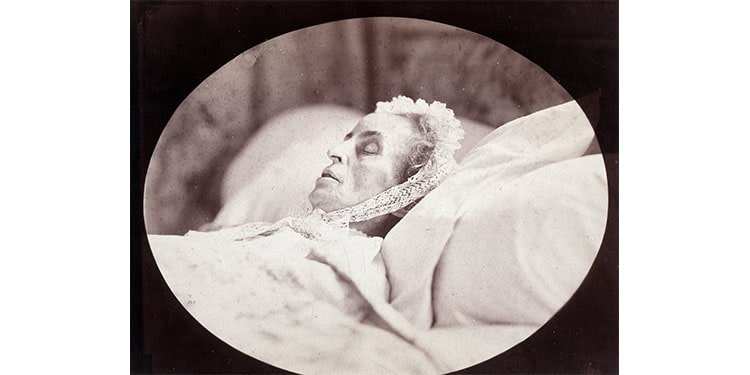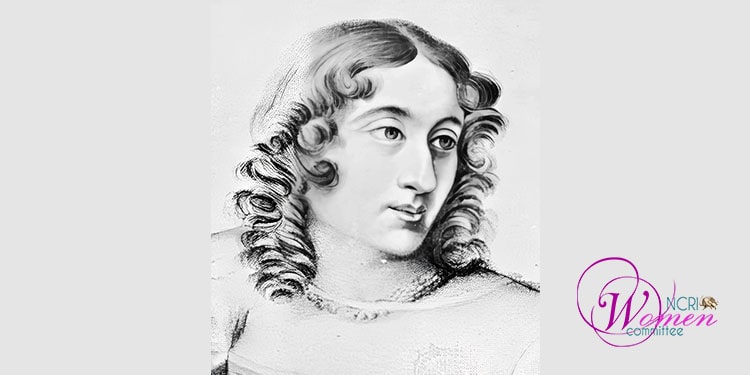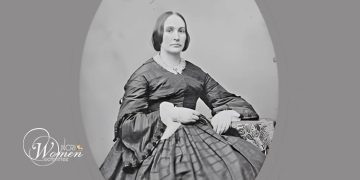Marceline Desbordes-Valmore (20 June 1786 – 23 July 1859) was a French poet and novelist whose lyrical works earned her recognition as one of the most significant figures in 19th-century French Romantic literature. Known for her emotional intensity and delicate imagery, she bridged personal experience with universal themes of love, grief, and maternal devotion.
Born in Douai, France, Marceline faced hardship early in life. The death of her father and the family’s financial struggles forced her to work as a stage actress and singer to support her loved ones. These experiences infused her writing with an intimate, human perspective, making her poetry resonate with sincerity and emotional depth.
Her first collection, “Élégies et Romances” (1819), received critical acclaim and established her as a leading female voice in a male-dominated literary landscape. She later published “Pleurs” (1833), a poignant exploration of sorrow and longing, which remains a defining work of French Romanticism. Marceline’s poetry often combined lyrical beauty with social observation, earning her respect both for her artistry and her sensitivity to the human condition.

Marceline Desbordes -Valmore was also a novelist and playwright, although her poetry overshadowed her prose works. She was admired by contemporaries such as Victor Hugo and Alexandre Dumas, who recognized her talent and contribution to Romantic literature.
Marceline Desbordes-Valmore passed away on 23 July 1859, leaving a legacy as one of the first prominent women poets in France, whose voice opened the doors for generations of female writers. Today, she is remembered not only for her lyrical elegance but also for her pioneering role in elevating women’s presence in French literature.
























